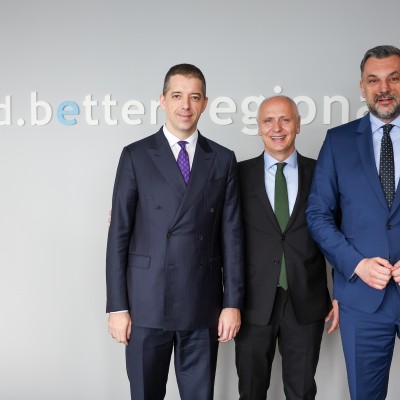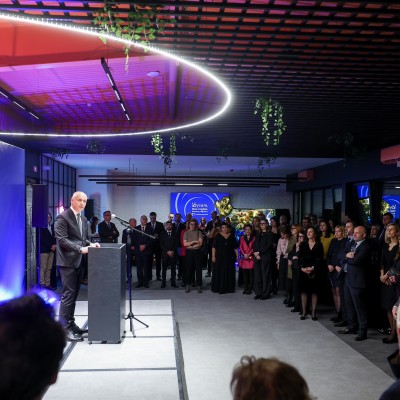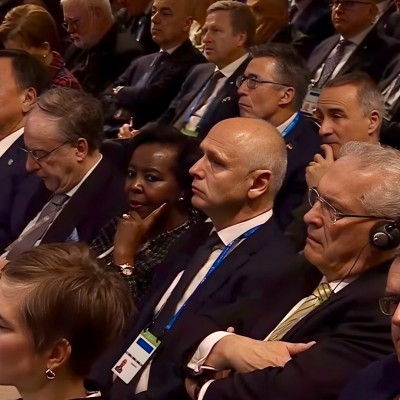WBYL: Western Balkans Youth Dive into EU Youth Practices during Mini-Mobility Scheme in Athens
16 May 2025
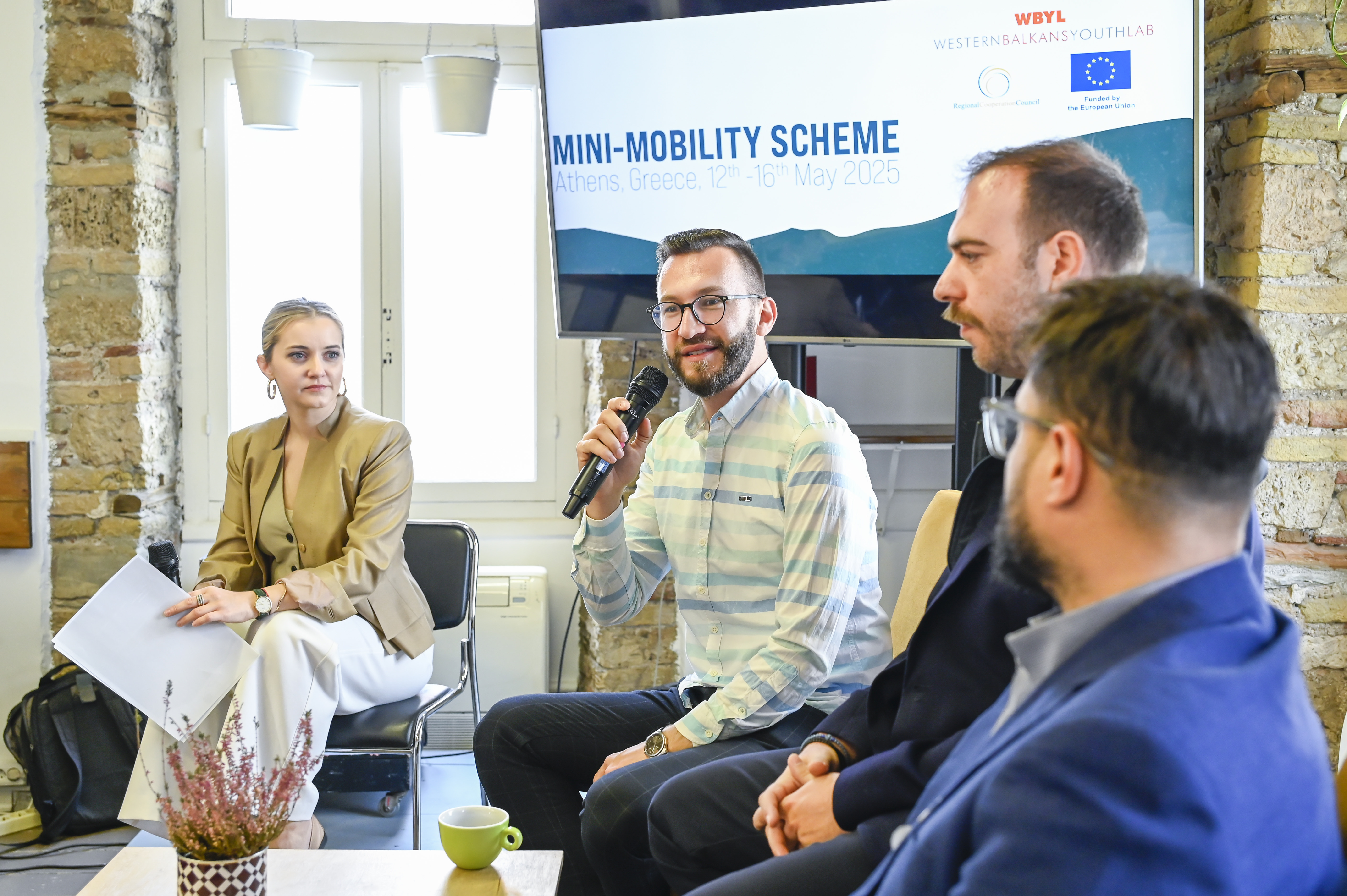
Ognjen Markovic, Team Leder of the RCC's WBYL project speaking at the Mini-Mobility Scheme held in Athens in May 2025 (Photo: Giorgos Petrou)
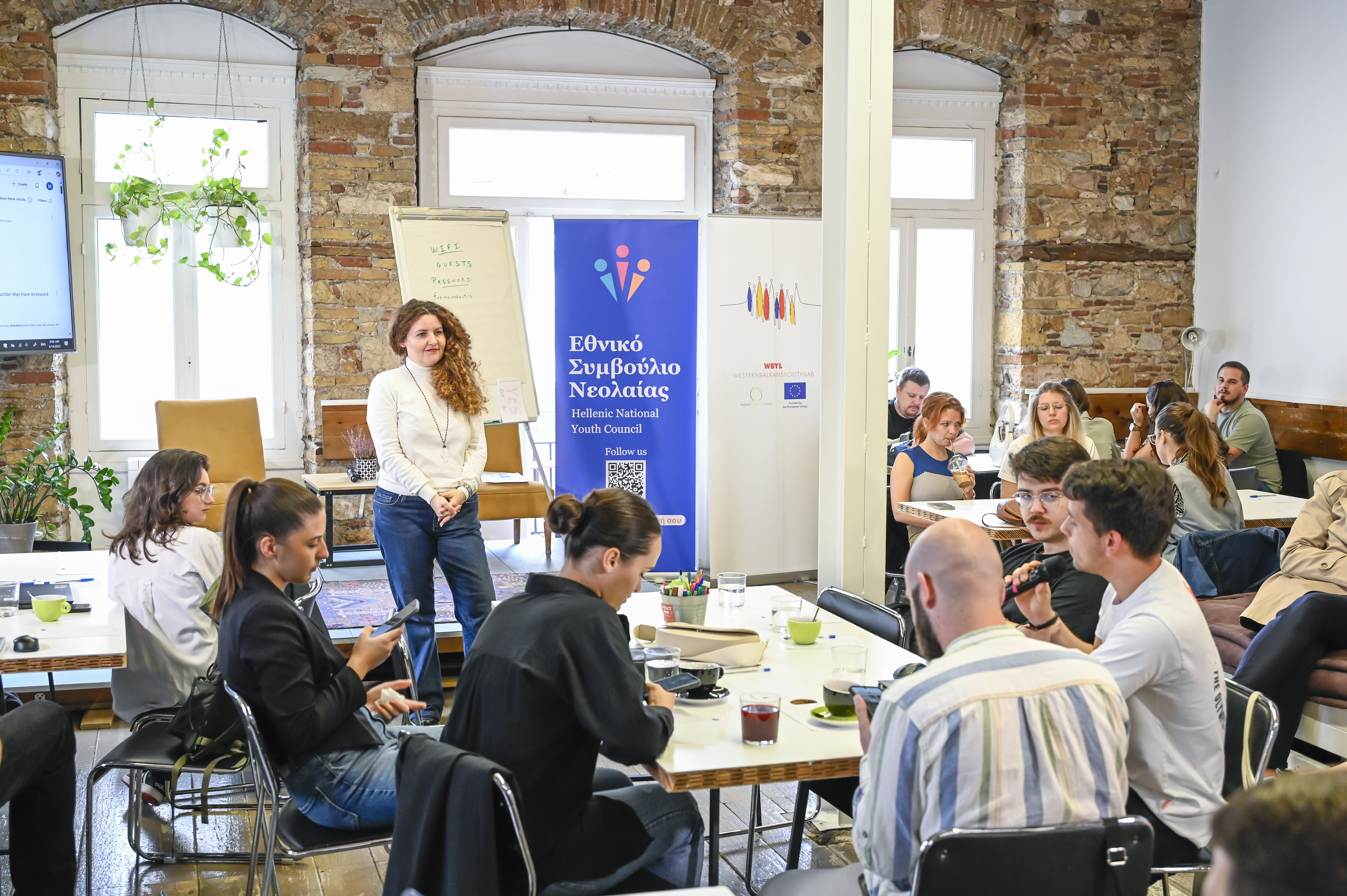
Advocacy training, led by youth trainer Dr. Mary Drosopoulos, tailored to enhance participants' capacities to influence youth policy (Photo: RCC/Giorgos Petrou)
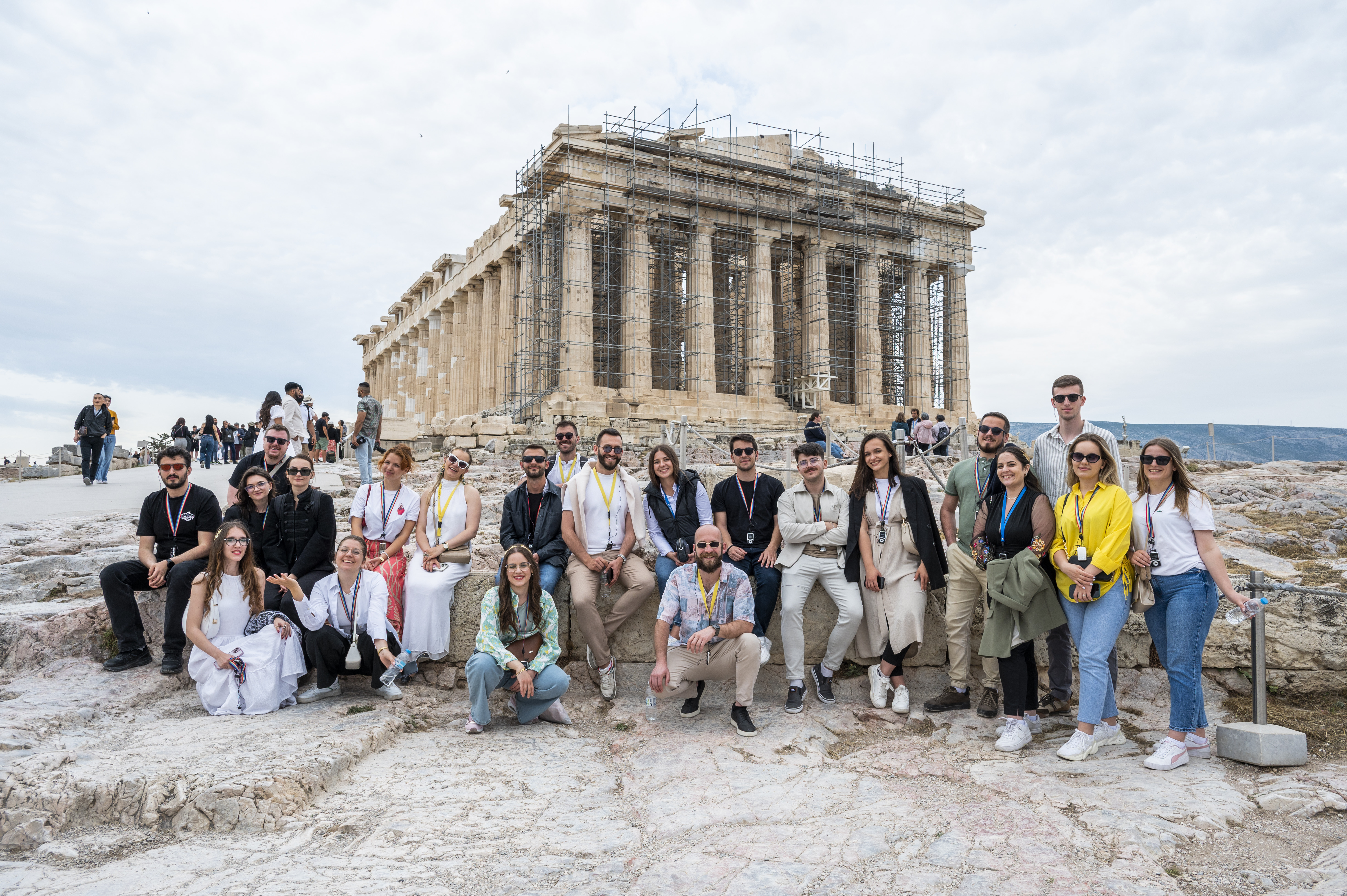
RCC's WBYL Project, in cooperation with the Hellenic Youth Council and the European Youth Forum, organised the study visit to Athens from 12 to 16 May 2025, offering representatives of Youth Councils from the Western Balkans valuable insight into EU practices and youth policy frameworks (Photo: Giorgos Petrou)
Athens - The Regional Cooperation Council’s (RCC) EU-funded Western Balkans Youth Lab (WBYL) Project, in cooperation with the Hellenic Youth Council and the European Youth Forum, organised the study visit to Athens from 12 to 16 May 2025, offering representatives of Youth Councils from the Western Balkans valuable insight into EU practices and youth policy frameworks.
"A meaningful exchange of knowledge and experience between youth from the Western Balkans and their EU peers is one of the most impactful tools we have to support the development of inclusive, effective, and well-connected youth structures in the region. This is the chance to experience how EU National Youth Councils function and to reflect on how those practices can be adapted to strengthen youth participation back home," said Ognjen Markovic, Team Leader of WBYL, in his opening remarks during the Mini-Mobility Scheme held in Athens, Greece.
The five-day programme offered first-hand insight into how EU National Youth Councils operate, inspiring participants to adapt proven practices that can strengthen youth participation and policy-making back home. The structured visit focused on fostering WB-EU cooperation, learning about EU youth policy standards, and building advocacy capacities. Participants gained insights into the work of the Hellenic Youth Council, the European Youth Forum, and several youth NGOs in Greece. A key feature of the programme was an advanced advocacy training, led by youth trainer Dr. Mary Drosopoulos, tailored to enhance participants' capacities to influence youth policy both at local and regional level.
Beyond workshops and training, participants had the opportunity to visit key institutions including the Hellenic Parliament and the Mayor’s Office. In addition to deepening their understanding of EU youth participation mechanisms, the study visit allowed participants to build long-term connections with their Greek and European counterparts, setting the foundation for future collaboration and reinforcing the Western Balkans Youth Lab’s mission of laying the groundwork for a more inclusive, participatory, and cooperative youth policy landscape in the region.
Western Balkans Youth Lab Project is funded by the European Union, and implemented by the RCC.

